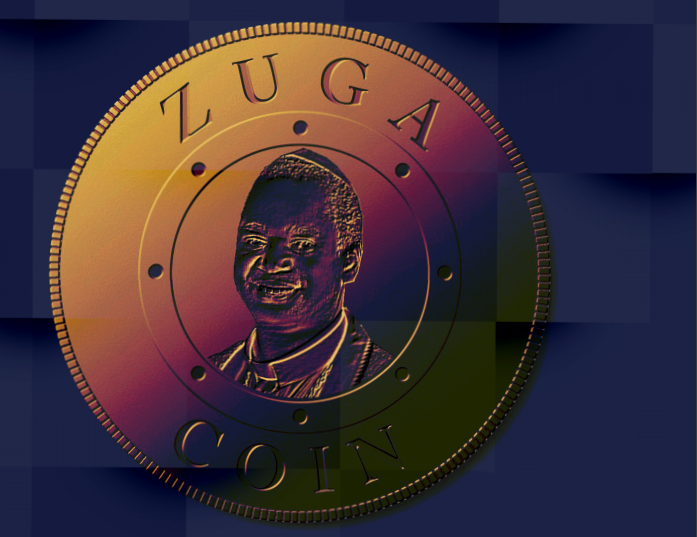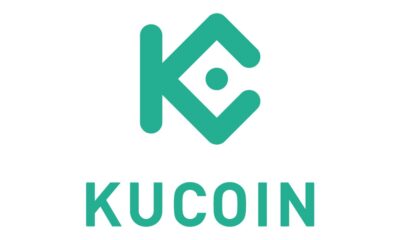Despite the Central Bank of Nigeria’s decision to halt banks’ involvement in cryptocurrency trading and ease potential pitfall similar to the popular unregulated scheme, MMM, Nigeria’s leading indigenous car manufacturer, Innoson, has partnered with Zugacoin founded by Archbishop SamZuga.
According to a Vanguard report, buyers can now comfortably purchase Innoson products from vehicles, motorcycles to plastics with Samzugar’s Zugacoin.
The partnership was signed at the company’s factory in Nnewi, Anambra State.
Zugacoin was founded in 2020 but was unveiled on December 1st, 2020. On March 3, 2021 Zugacoin made its first conversion into fiat currency.
“Let it be on record all over the world that ZUGACOIN was first Cashed out/ withdrawn/ changed into Fiat currency on 3rd March 2021 by 13 minutes after 11 Antemeridiam (a.m) Nigerian time against all odds. When God says YES nobody can say no. With God all things are possible. All things are possible to him that believes,” the philanthropic Cleric also known as Jehovah’s Field Marshall announced.
However, a quick analysis of Zugacoin revealed scary details. Ranked at #2863 on CoinMarketCap, a global leading crypto platform, the coin was valued at $45,653 per coin on Monday, December 14th, 2020 before rising as high as $51,894 per coin on Thursday 17th, December 2020.
It then dropped by over 40 percent to $29,621 per coin on Saturday, January 2nd, 2021 before rebounding to $53,220 on Sunday, January 10th, 2021.
Zugacoin then plunged from that record high to $1,875 on Thursday, January 14th, 2021 within four days.
 This decline continues as the new cryptocurrency further plunged to $63.35 per coin before gaining 16 percent in the last 24 hours to $72 per coin as shown in the chart above. Thanks to the partnership news.
This decline continues as the new cryptocurrency further plunged to $63.35 per coin before gaining 16 percent in the last 24 hours to $72 per coin as shown in the chart above. Thanks to the partnership news.
Key details like volume/market cap, market dominance and circulating supply were missing. However, the company plans to supply just 1,000,000 SZC coins.
Zugacoin team, another key factor in assessing cryptocurrency viability, has only one tech developer by the name, Trinity Tom. While the rest are largely business developers and marketers with zero tech background.
Similarly, looking at the company’s Whitepaper, Zugacoin is not addressing any new challenges or providing new solutions that banks and other fintech companies operating across Africa have not addressed. This might be the main reason why the coin plunged that fast.
“Zugacoin is a unique brainchild that aims to rebuild Africa’s dying economy by becoming Africa’s first coin for equity and investment funding for Africa’s government instead of China. Starting a business in Africa can often be a gargantuan task, especially since the prospects of obtaining a loan are few and far between, we will give out loans to aid businesses and encourage investors,” Zugacoin stated in the Whitepaper.
“The Zugacoin ecosystem provides the tools, resources, and ease-of-use necessary for running a successful business. The Zugacoin project will represent a unique access point for rising entrepreneurs in Africa, we will share transaction fees with vendors and merchants, while also integrating our coin to ATM and POS machines across the continent.”
According to Adimuchinobi Chukwuma, a serial entrepreneur who commented on the new cryptocurrency, “there’s a lot of questions the white paper didn’t answer. The Zugacoin doesn’t have a strong utility use cases, the team is not obvious except that it has a name of Bishop on it, other than that lot wasn’t addressed.”
“Also, they didn’t mention anything about if the architecture will be decentralized or centralized, no reference to where we can access the code to a certain the quality of the code. All these matters when it comes to Cryptocurrency. Apparently, the white paper seemingly I will call it “clever paper” that sounds more like someone trying to create another Ethereum or Cardon Network.”
Also, the coin is presently listed only on IndoEx, an Estonia decentralized exchange platform. Meaning, it presently does not meet the requirements of Binance, Coinbase and other top exchange platforms that require broad scrutiny and documentation.


 Billionaire Watch3 weeks ago
Billionaire Watch3 weeks ago
 Startups4 weeks ago
Startups4 weeks ago
 News4 weeks ago
News4 weeks ago
 News4 weeks ago
News4 weeks ago
 Bitcoin4 weeks ago
Bitcoin4 weeks ago
 Naira4 weeks ago
Naira4 weeks ago
 Forex3 weeks ago
Forex3 weeks ago
 Treasury Bills4 weeks ago
Treasury Bills4 weeks ago

























